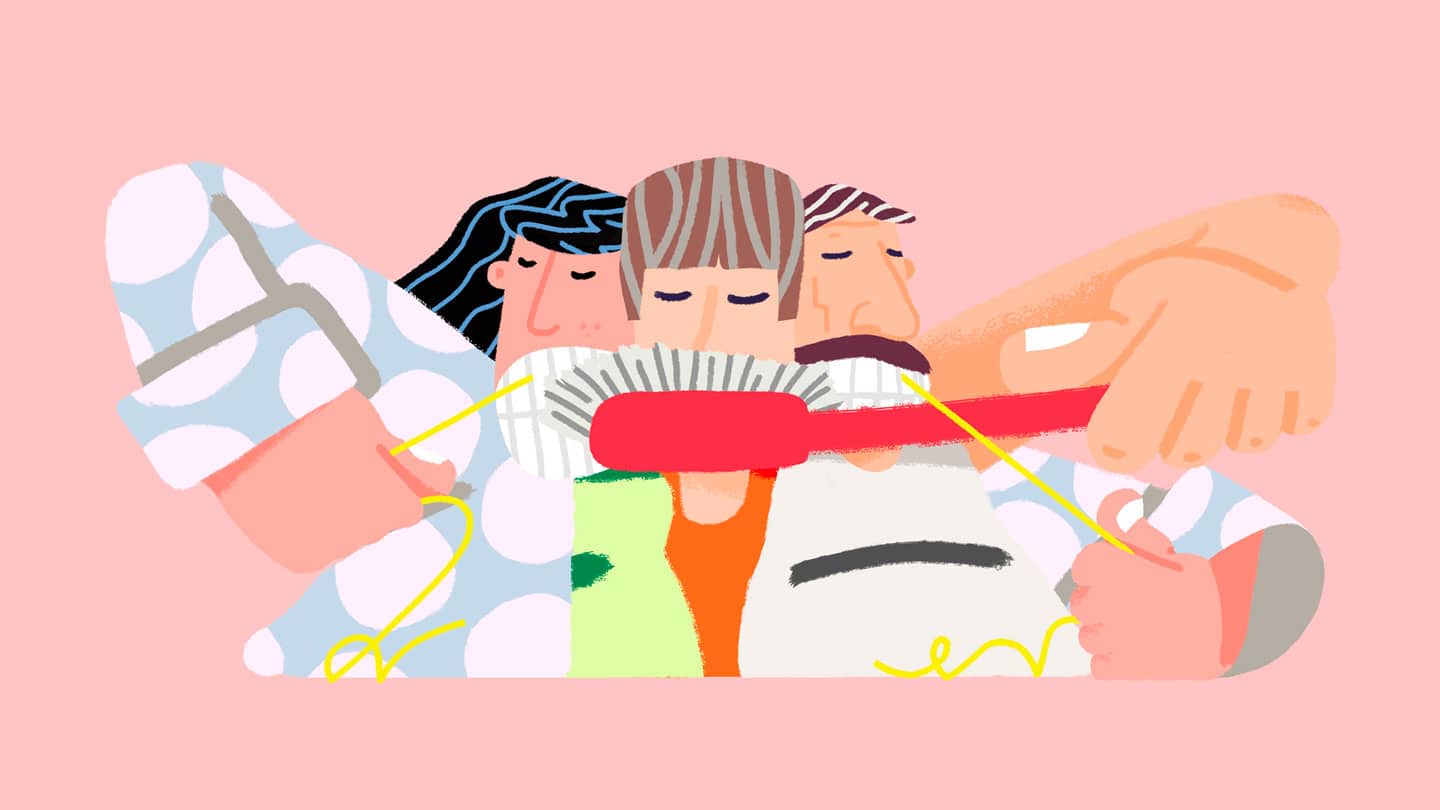Dental cleanings are recommended for all ages, but questions and concerns are common. One question we hear a lot is, “can a cleaning scratch or damage my teeth?” While the cleaning procedure itself is risk-free, it’s true that there are some providers who don’t know what they’re doing or misuse their instruments. Let’s take a closer look at cleanings and your questions about potential problems and tooth wear.
The inside skinny on cleanings and tooth wear
- Teeth cleanings are virtually painless and have very few side effects.
- The most common side effects are temporary tooth sensitivity and minor gum bleeding.
- While a cleaning should never damage your teeth, some providers aren’t true specialists and use inappropriate instruments.
- That’s why we strongly recommend having your teeth cleaned by a dental hygienist.
First things first. What happens during a cleaning?
A dental cleaning is a procedure that removes tartar and dental plaque both above and below your gums. It involves two steps: scaling and polishing. Teeth cleaning uses a whole set of tools, whether it’s done the traditional way with curettes or automatically using the latest ultrasound technology. Polishing, which can be done before or after scaling, also uses two techniques that can be combined: polishing paste applied directly to your teeth or air polishing.
Can cleaning or polishing damage your teeth?
Teeth cleaning doesn’t affect the surface of your teeth. And if it’s done right, it’s completely non-invasive.
That said, there are three things that can affect your teeth and gums:
The provider
Some dental practices don’t have hygienists perform their cleanings. That means your cleaning isn’t done by a specialist. Some of these providers don’t know how to use their instruments correctly or use the wrong curettes and inserts. That can cause damage like tearing on your gums and enamel loss on your teeth. They may also choose the wrong polishing pastes – often cheaper, more abrasive ones – leading to a loss of dental tissue.
Instrument type and quality
When instruments that are too dull or are designed for use above the gums are used under your gums, they can cause damage to your teeth or gums that doesn’t emerge until much later.
At CHD, we sometimes see patients who thought they were doing the right thing by getting regular cleanings but had actually been receiving substandard care.
That’s why we recommend asking your hygienist what kinds of instruments and polishing pastes are right for you, not for patients in general.
How long it’s been since your last cleaning
Remember that regular cleanings keep dental plaque and tartar from forming and any deposits that do stick will be superficial. As long as you get regular cleanings, they won’t be invasive. And they’ll be shorter, too!
At CHD, our hygienists provide you with personalized recommendations and a custom cleaning schedule after every appointment so you can avoid invasive, time-consuming treatments.
FAQ
Will my teeth be sensitive after a cleaning?
Your teeth might be sensitive for a few days after a cleaning, just like after dental surgery or teeth whitening.
Will my cleaning hurt or cause pain afterwards?
Teeth cleanings usually aren’t painful. But if your gums are irritated or bleed, you may feel some discomfort while the hygienist removes the tartar from under your gums. We can provide local anesthesia if you find it too painful.
You may experience minor gum bleeding or temporary sensitivity after your cleaning. It will disappear after a few days. Remember to always use a soft-bristled toothbrush!
Can teeth cleanings have side effects?
Teeth cleanings are virtually painless and have very few side effects. The most common side effects are temporary tooth sensitivity and minor bleeding.
CHD is a safe space – feel free to ask your hygienist any questions you have, and let them know if you’ve had problems during previous procedures.
[widget id=”custom_html-19″]



